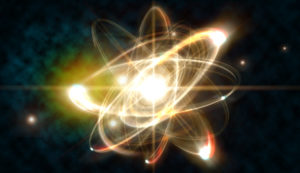
The National Nuclear Security Administration (NNSA) is extending its contract with the panel of scientists known as JASON for up to a year, while the Pentagon works to resurrect its old arrangement with the group. The semiautonomous Department of Energy nuclear weapons agency retained the JASONs last year for a trio of studies including a recently completed — and classified — look at plutonium-pit aging. The $5 million deal, awarded in June, was set to run out this month, but now will…

 By
By 











